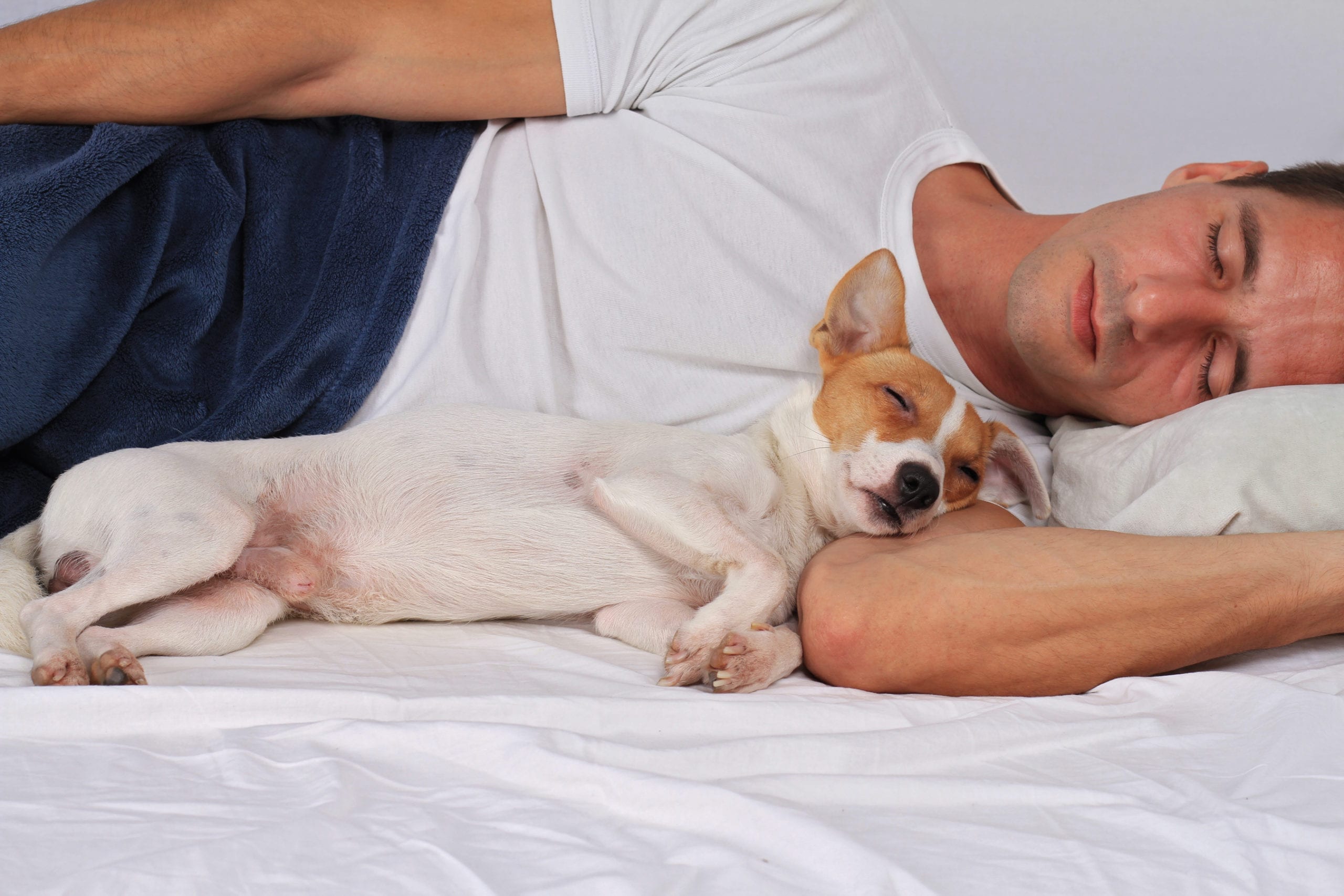We all have late nights from time to time, that’s life! We may be studying for tests, staying up late with sick children or having a night out on the town.
But how do these late nights affect our bodies, our sleep, and our circadian rhythm? Let’s find out.
There is a system in place within our body referred to as our circadian rhythm, that measures time, and synchronizes many of our internal processes to daily events within our environment. Some of these internal processes include: sleep, metabolism, body temperature, melatonin levels, and more. The control of these patterns is built into our genetic makeup. The body follows these synchronized patterns or rhythms, which sometimes persist independently of outside influences. Every cell in our body follows a circadian pattern, which is a compilation of biochemical reactions in the body that are perfectly timed based on available resources, and orchestrated by a small group of cells in the part of the brain called the hypothalamus (Brody, 2014).
Light is perceived by the eyes and travels via the retina to the optic nerves. Above the optic nerves sits the suprachiasmatic nucleus, which is a mouthful, but it is actually the master clock of the body. It couples the body’s physiological processes described earlier to the timing of light and darkness in your surroundings. In isolation from resetting cues (i.e. light), the timing of these processes may eventually become desynchronized. This explains why, after returning from a trip abroad, it takes your body a little while to adjust back to your old sleep schedule, due to the differences in light. When the internal clock is misaligned to our environment, circadian disorders can develop, like delayed and/or advanced sleep syndrome (Peters, 2019). These conditions are associated with insomnia and excessive daytime sleepiness. Luckily, board certified sleep physicians can provide guidance and resources to help correct these disorders.
Now that we’ve had a crash course in the circadian rhythm, let’s explore the topic of sleep deprivation. As mentioned above, the occasional all-nighter is bound to happen in life, sometimes these nights are out of our control, like when we travel. But how do they affect your health? The good news, is that the occasional all-nighter, does not negatively affect your health, and is relatively easy to bounce back from. If you skip shut-eye regularly though, you are putting your health at risk. It can make you more susceptible to illness, increase your stress levels, and more. The same can be said for excess travel (i.e. jumping time zones). If done regularly, it can lead to a suppressed immune system, chronic fatigue, and even memory issues.
Here are some tips for those jetsetters out there:
- Plan ahead: Before your trip, try and slowly alter your sleep and wake schedule to more closely mirror that of your travel destination, so it will not be such a shock to the system when you arrive. If you’re heading east, start getting up and going to bed earlier; if you’re heading west, try and shift your wake and bedtime to be later.
- Hydrate: Drink plenty of water before, during, and after your trip to prevent dehydration. Try to avoid alcohol if possible.
- Get on schedule: Try to choose a flight that gets you to your destination in the early evening, and stay up until 10 p.m. local time. If you’re absolutely exhausted upon arrival, it’s okay to take a small nap, but no longer than one hour.
- Let there be light: Let yourself experience sunlight, since this light can help your circadian rhythm acclimate to the new time zone.
Along with these helpful tips (also, check this out for small steps to lead toward a healthier life), there are a variety of supplements that can help with sleep and travel. Since your immune system is oftentimes suppressed while travelling, it is important to introduce a probiotic before, during, and after your trip. This can help fortify your gut and strengthen your immune system. Kyo-Dophilus, for example, provides 3 billion cells of L. gasseri, B. bifidum, and B. longum, the Friendly Trio®, for digestion and immune health. B vitamins are also helpful as well. Kyolic Formula 101 contains aged garlic extract, GABA, vitamins B1, B6, and B12, and is designed for stress and fatigue relief.
Try some of these tips on your next trip to get better sleep and avoid jet lag. Safe travels!
References
- https://dailyburn.com/life/health/time-zones-affect-health/
- https://www.verywellhealth.com/the-science-of-circadian-rhythms-3014832
This article is for informational purposes only. This article is not, nor is it intended to be, a substitute for professional medical advice, diagnosis, or treatment and should never be relied upon for specific medical advice.

Share this Post